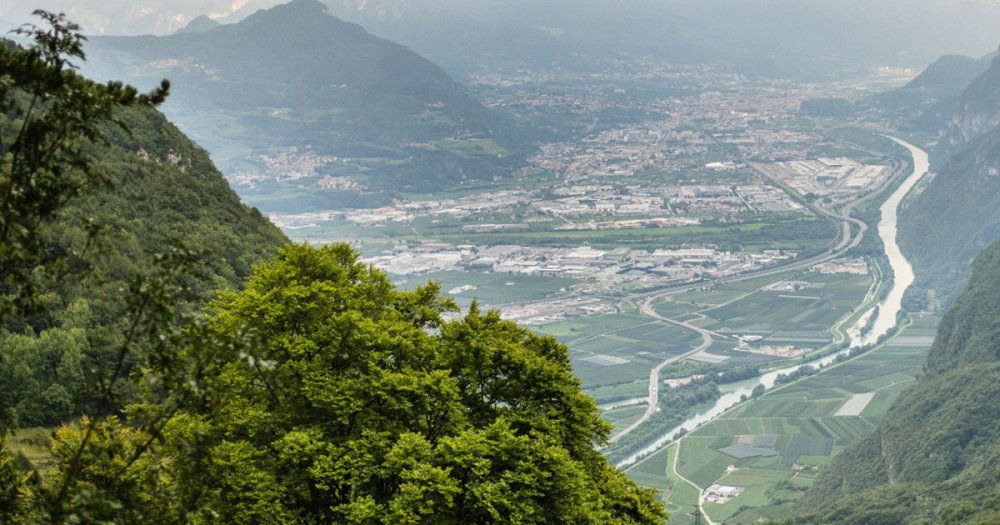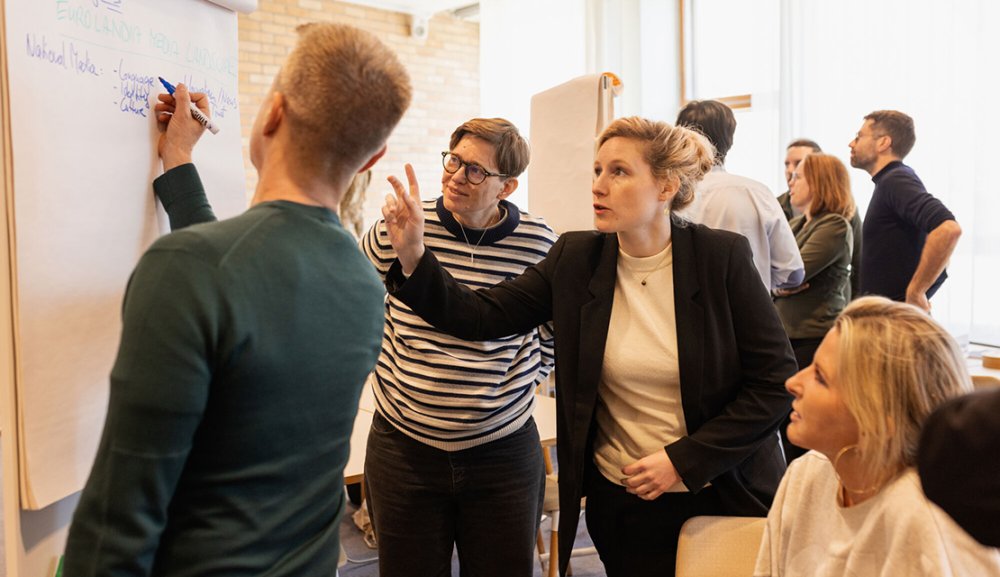Climate-Conscious Construction for Healthy Cities
Building a Healthy Planet
The Paris Agreement aims to keep the rise in mean global temperature well below 2 °C. Reaching this goal is not possible without strong action in construction.
Climate-Conscious Construction for Healthy Cities is a self-paced online course exploring the connections between climate change, the built environment, and human health. During the course, you will gain an understanding of the ongoing changes in climate and their impacts on our cities and health. Not only will you learn about these critical topics, but the course also challenges you to reflect on how to reduce these harmful climate impacts and support the well-being of all life on this planet.
This asynchronous online course allows you to learn at your own pace, on your own schedule from anywhere in the world.
You will gain a good basic understanding of climate change and its relationship with construction and human health.
After completing this course, you are eligible to continue your learning journey on our certificate program and earn the Certificate in Climate, Health and Cities.
Benefits
The ongoing climate change is affecting all life around us. During this course, you will learn the basics of climate change and gain an understanding of its relationship with the built environment and health.
For
This online course suits anyone interested in understanding the relations between health, construction, and climate change.
This course provides an overview of current topics related to climate change, health, and cities. Upon completion, you become eligible to continue your learning journey on our Certificate in Climate, Health, and Cities program, specially designed to help you deepen your knowledge.
Contents and Schedule
This course provides a future-oriented, clear, factual and optimistic introduction to climate change, health and the built environment.
After completing the course, you will
- Understand the fundamentals of the ongoing climate change
- Recognize the impact of climate change on our health.
- Illustrate the role of construction as a driver and solution to climate change.
- Acquire the knowledge needed to contribute towards a more sustainable future.
The course consists of short videos, texts, and reflection tasks. The course is divided into modules that each focus on a specific topic. The language of the course is English, and all videos include English subtitles.
The estimated study time of the course is 27 hours, and learners have access to the course materials for 8 weeks. You have the flexibility to navigate the course at your own pace. We suggest allocating around 4 hours per week to ensure a well-paced and enriching learning experience.
Participant Feedback from the Climate-Conscious Construction for Healthy Cities program
"As an architect working isolated on LCA topics in the company, it was easy for me to get into tunnel vision mode. Only focusing on what I was working on and only answering the questions that came across my desk. Therefore, it was really great to get an understanding of the interconnections between the built environment, health and climate change. Putting some of my knowledge into perspective and giving me new tools to better implement our goals at work, which benefits primarily the climate but also the client.
The study, in its complexity, was very coherent and went from learning about carbon and its role in our world - to health issues related to rising temperature's, extreme weathers and other climate change hazards - all the way to how we can respond to these climate change hazards by mitigating and adapting. Thus, I can recommend this course to all architects and designers, who are planning, designing and realizing projects. It's great to have this know-how in the toolbox to start implementing goals and strategies to mitigate climate change. The course creates a good foundation of knowledge that can positively influence our work."
Instructors

Laura Arpiainen
Laura Arpiainen is Professor of Health and Wellbeing Architecture at Aalto University School of Arts, Design and Architecture and has an international track record in all areas of design and planning for healthcare.
Arpiainen holds dual Finnish / Canadian citizenship and is particularly interested in the relationship of built environments to health. Other interests include mental health, diversity, and the role of optimism in success. Laura leads the SOTERA research group at Aalto University and is also a popular mentor, keynote speaker, and visiting critic.

Matti Kuittinen
Dr. Matti Kuittinen is an Associate Professor of Sustainable Construction at Aalto University´s Department of Architecture.
His research is focused on climate impacts and circular economy in the built environment, as well as in the development of new building materials and methods.
During his work at the Ministry of the Environment of Finland, Kuittinen developed the national whole life carbon assessment method and initiated the Nordic Bauhaus programme. As an architect, he has designed experimental sustainable buildings and participated in humanitarian construction operations.















